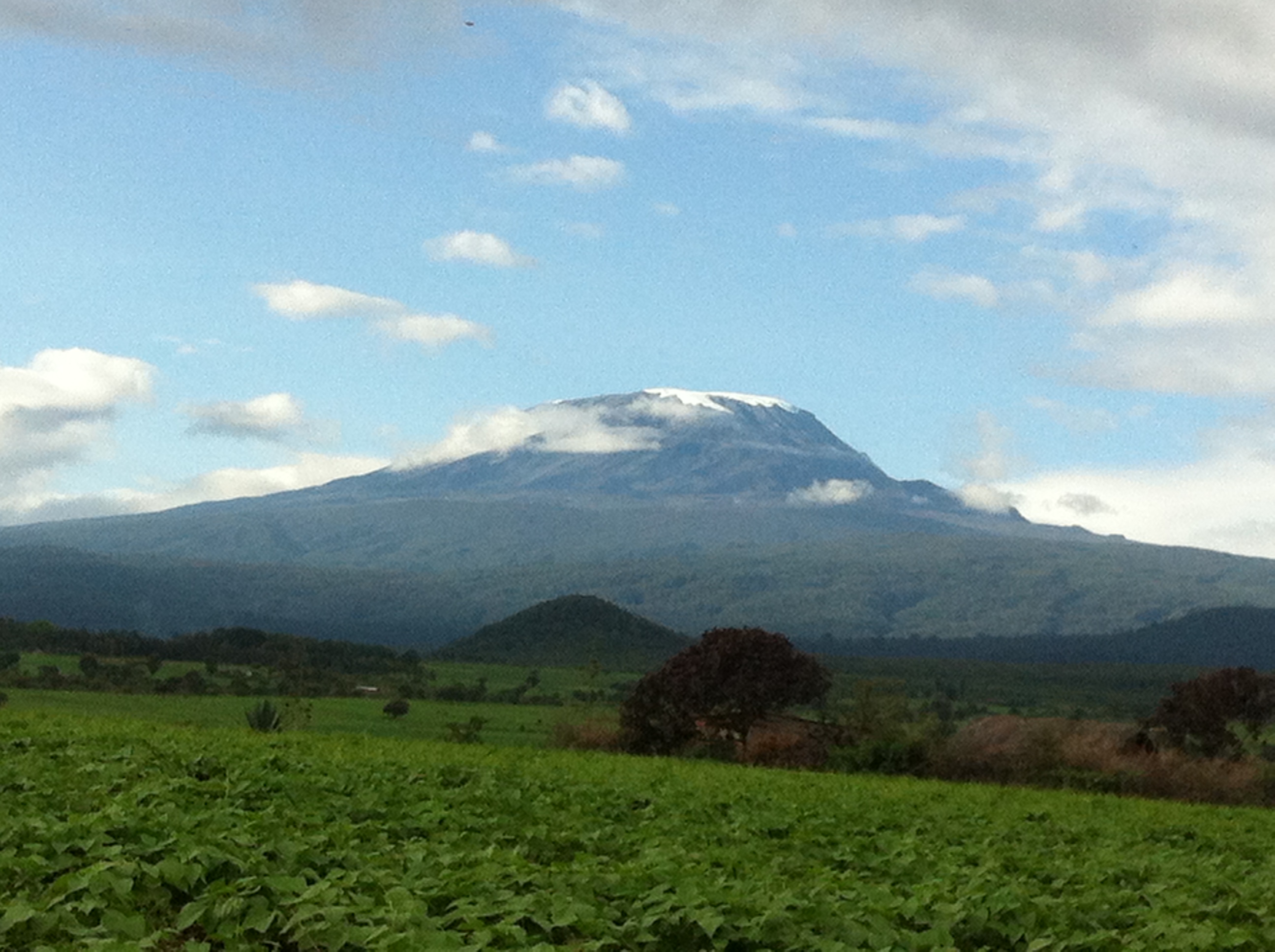It has been said that, “If wealth was the inevitable result of hard work and enterprise, every woman in Africa would be a millionaire.”[*] The big generalization in that statement may invite skepticism or dismissal, as it can hardly be applied to any group of human beings in that measure. However that is not the point. That statement does not claim a statistical conclusion, but it brings to attention – albeit in a dramatic way – two interrelated issues:
- How a large number of women in Africa are impressive hard-workers and entrepreneurs in their own right.
- How the formula (or formulas) for individual wealth creation in our contemporary (and past) human societies is not as direct or simple as some of us want to imagine it is (or make it seem).
This small article is about the first of the two issues above: the hard-work and enterprise of African women. Without generalizing, I want to provide a witness statement to first-hand observations I had in my recent field work in rural Tanzania.
We may agree that, in contexts of poverty, we can recognize hard-work and enterprise when we see an individual (or group) diversifying their economic activities, putting work into each, and investing in multiple schemes in hopes for sufficient returns from some. We can also recognize perseverance when we see how that individual (or group) accumulates experiences of failure, or low returns, yet continues to venture on opportunities available to them. With that in mind, one cannot but attest to the abundant existence of that hard-work, enterprise, and perseverance among Tanzanian women – particularly the rural ones.

Rural life in Tanzania is marked by scarcity of resources and opportunities. Due to the rural economy being almost entirely dependent on agriculture and related activities, and with significant shortage in public services, in addition to a yet-infant infrastructure that does not allow for convenient rural-urban or rural-rural mobility, there isn’t much room for diversification of trades or investments that rural Tanzanians have; more so women who are additionally disadvantaged and burdened by unbalanced gender roles. Yet, under these circumstances, I was able to meet and speak first-hand with:
- Women who invest in microfranchizing schemes of small technologies, dedicate time to learning skills of trade and marketing, and run their businesses while keeping their houses, taking care of their children and overseeing their small farm/garden for food crops.
- Women who pursue owning particular agricultural machines or tools, not just make their work easier, but to also use them in renting schemes to their neighbours and generate additional income from them. The choice of machines is risky investment because if the machine is not marketed well in the community then only few people will use it.
- Women who form saving and microfinancing groups with their neighbors, to support each other by collecting capitals for each one’s enterprise idea and/or financial emergencies.
- Women whose husbands lose the ability to work due to severe illnesses or accidents, yet they persevere and work as many jobs and trades as they can to ensure that their children get proper education and break the poverty cycle.
- Women who form cooperatives to produce ornaments, foodstuffs, hand-made clothes, herbal soaps, and other products to give to urban stores who sell the products for them and share profits with them.
- Women who are involved in multiple activities in their villages, members in village councils, and initiate social solidarity work in their communities that aim at improving the livelihood conditions of their entire communities.
- Women who pulled themselves out of illiteracy because they needed literacy to start and manage their own businesses and finances.
- Women who measure their success by being able to send as many of their children to boarding schools to get quality education as they pay their fees from returns from the various economic activities they involve themselves in. Also Women who measure their success by improving the nutrition of their families and their access to clean water and improved sanitation.
- Women who are politically active in voicing their views and galvanizing for their interests in local elections, as they manage to be publicly active while juggling all their household and business occupations.
The above endeavours involved risk taking, business planning, and entrepreneurial insights. They combined successful stories and not-so-successful ones. What was even more humbling is that all the Women above welcomed us – field researchers promising nothing particular in return yet asking for their time and cooperation – with unmistaken hospitality. It was the kind of hospitality that embarrasses the relatively privileged researcher who’s visiting for a while to collect data to serve their pursuit of higher academic degrees/recognition. Talking to these women, and observing their work and being with them in the field for some days, was an educational experience on many levels. I was educated about their conditions and the technologies that play a role in transforming their lives. Additionally I was educated about the wonders of perseverance, and maintaining one’s humanity and laughter under tough and stubborn conditions. By the criteria of hard-work and enterprise, I can say that I personally met a good number of low-income African women who should be quite rich.
_________
[*] George Monbiot (2011). “The Self-attribution Fallacy.” The Guardian, November 8th. http://www.monbiot.com/2011/11/07/the-self-attribution-fallacy/
